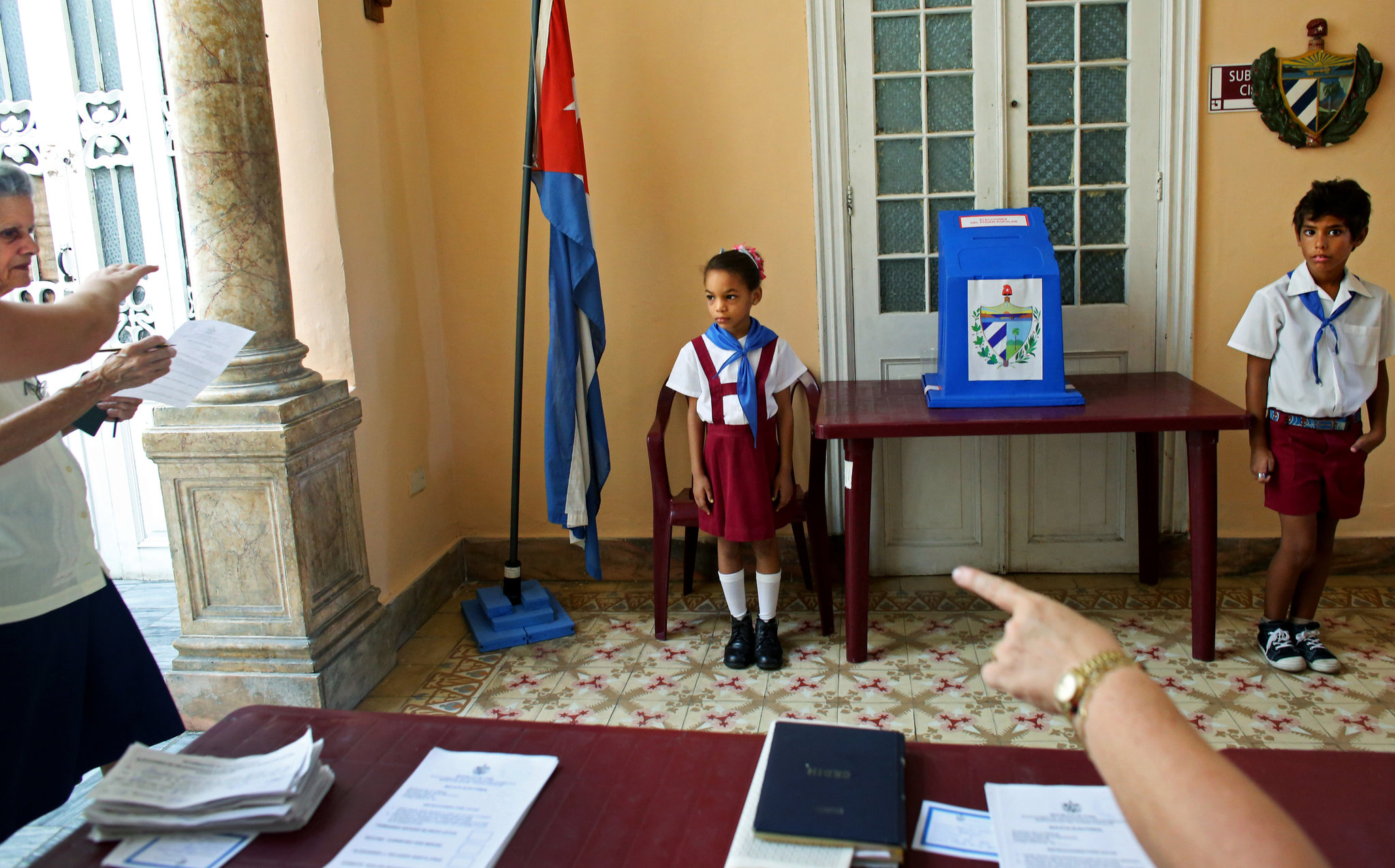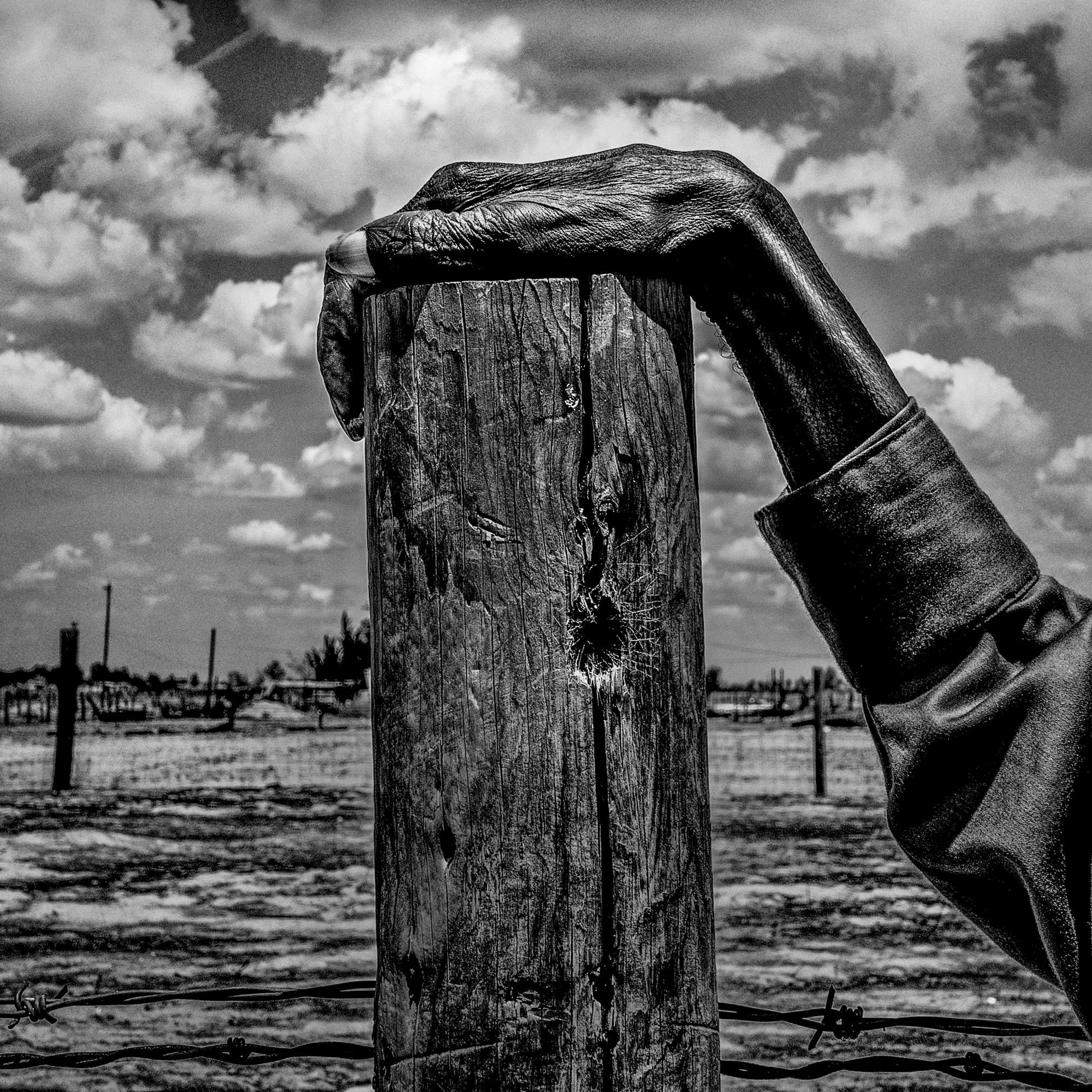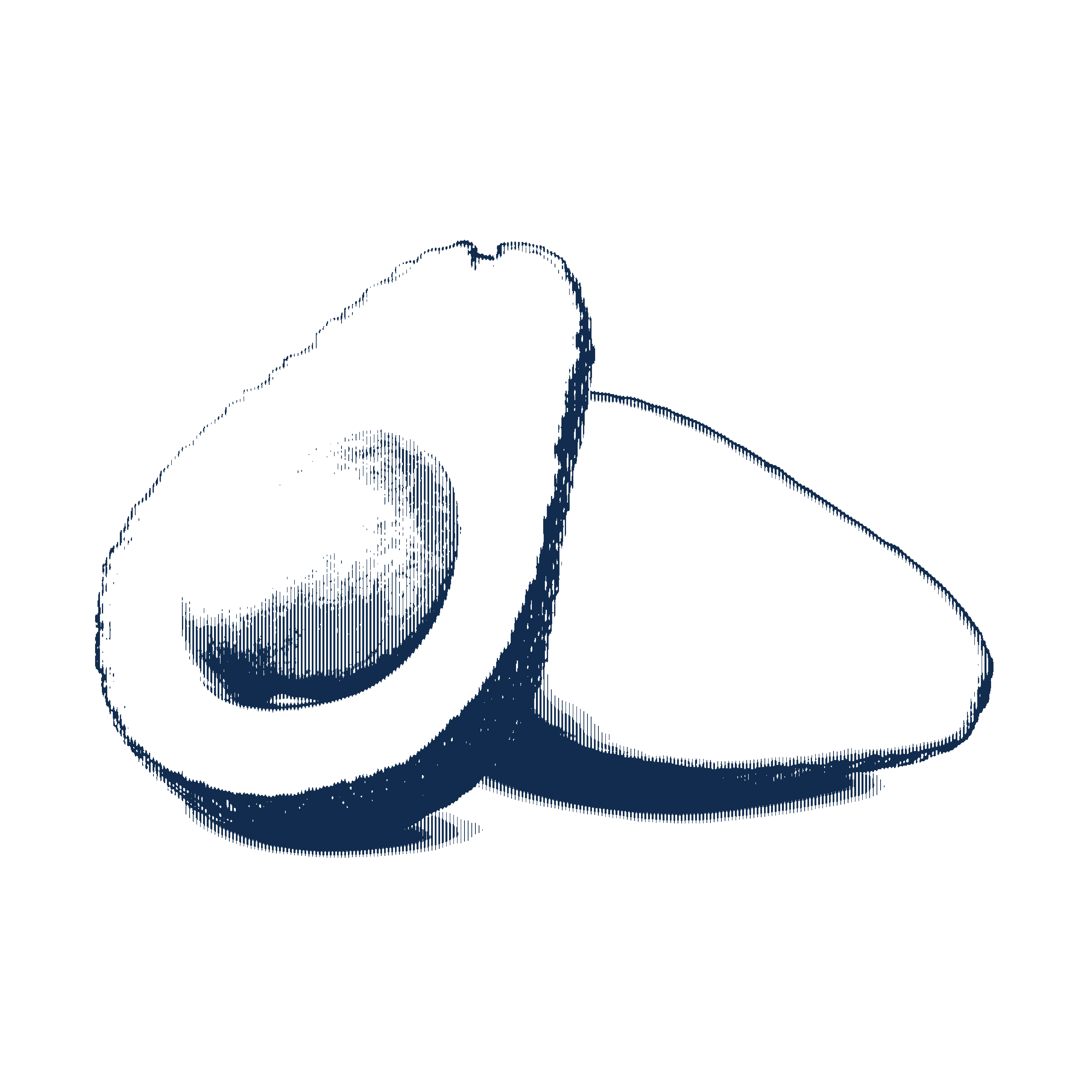At the Pulitzer Center, the stories of people affected by global systemic crises do not fade once they are published in outlets. Our grantees spend months to years and some for much of their journalistic careers returning to communities to learn more about the issues—whether they explore the diverse facets of a conflict or travel to multiple countries to understand a crisis through global similarities. When exploring the projects supported by the Pulitzer Center, we learn about the evolution of the issues—how history repeats itself and how communities in each country are motivated and influenced by similar pressures, issues and hopes.
Matt Black, Anup Kaphle and Yana Paskova turned to their earliest days as journalists, telling students about their motivations for applying their multimedia talents to journalism, during their first visits to Pulitzer Center Campus Consortium partners. The thread that ran throughout the visits to Loyola University Chicago, University of Chicago and Elon University during the week of October 18 was the need for the journalists to return home to begin their reporting projects. They shared the sense that if they did not tell the stories of the communities in those regions, the people would not be heard otherwise.
Matt Black at Loyola University Chicago
"The social role of doing this kind of journalism is the fuel that keeps you going," Black said during a class discussion at Loyola University Chicago.
Black is a photographer from California's Central Valley, an agricultural region in the heart of the state. His work over the past two decades has explored the connections between migration, poverty, agriculture, and the environment in his native rural California and in southern Mexico. After trying journalism school and looking into international influences, Black realized he needed to go back to tell of the issues the Central Valley faces.
Black explained to students his hesitation in transitioning to social media to tell the story of people who live in states with more than 20 percent of the residents below the poverty line. While he resisted sharing his photography on social media at the start, he recognized the value in bringing a story that is not traditionally represented in the social photography sphere: the real life stories of those impacted by poverty. He found that the geotagging features on Instagram gave him the chance to put communities on the map and tell their stories.
"The key thing is, if you think of an important story, do it, no need to wait for anyone else," he said when sharing his journey into freelance journalism.
Spending much of his efforts on photographing his home state, he learned that stories of migration have created the central landscape of California. He is now exploring migration from the perspective of people leaving Mexico for the border.
Anup Kaphle at the University of Chicago
Kaphle has reported in Nepal, where he was born, with Pulitzer Center support since 2010, most recently on the promise and peril of migrant labor there. Kaphle returned to his home country of Nepal because he saw migrant labor and refugee crises were being reported on in many other countries besides his own.
During "The World Beyond the Headlines" discussion, moderated by Mark Lycett, interim director of the Center for International Studies at the University of Chicago, Kaphle examined the historical and personal context to his need to share stories from Nepal. College students and professors were joined by high school students from throughout Chicago as part of a collegiate scholars program.
Kaphle's videos gave voice to the harrowing stories of families who are separated because of the need to find work in other countries, and to the young adults who are vulnerable to the corruption involved in migrant labor practices.
Yana Paskova at Elon University
"If this is something that keeps you up at night and something that you keep getting better at, stick with it," Paskova told editors of the campus newspaper during her visit to Elon University.
With Pulitzer Center support Paskova has taken a look at the intended—and unintended effects—of democracy in Bulgaria, a nation still undergoing social and economic upheaval, and more recently has reported on Cuban communism in flux. Citizens own businesses and property; some are even allowed to protest. While she has become interested in exploring the influences of communism in countries around the world, Paskova began the project with a return to her home country of Bulgaria, motivated by the lives her grandparents led and by the memories of growing up in the communist country. Her photography captures reminders of the regime, 25 years after the fall of the Berlin Wall.
"My first project in Bulgaria taught me how to approach people, how to respect people's wishes," she said.
After telling her personal story about growing up in Bulgaria, Paskova noted the importance of being honest about your motivations in beginning a story: "The job is to be aware of personal connection and circumvent your biases with reporting."
While Paskova laid out the challenges of freelancing as a photographer, she recognized, "if this is something that keeps you up at night and something that you keep getting better at, stick with it."

Project
Nepali Lives, Foreign Dreams
A special election in Nepal fuels hope for an end to years of gridlock but thousands of Nepalis are...

Project
Cuba in Flux
Cuban communism is in flux. Citizens own businesses and property; some are even allowed to protest...














